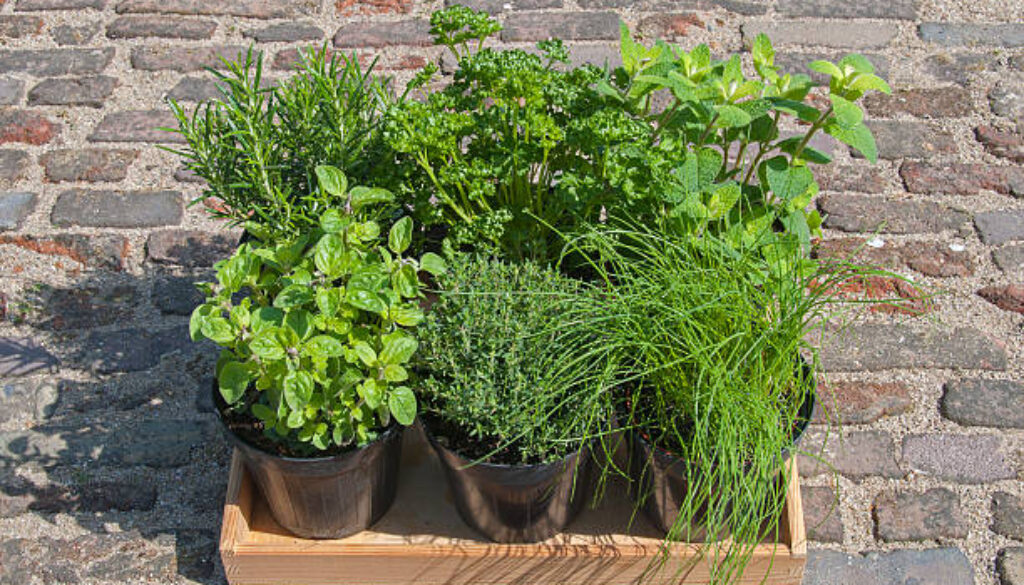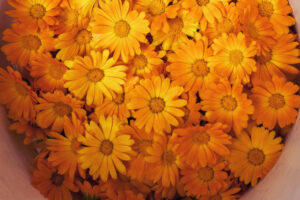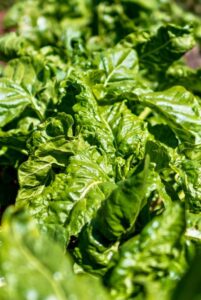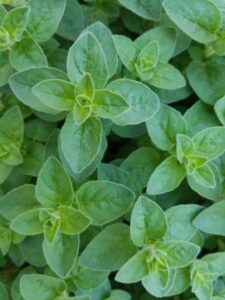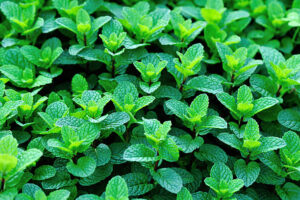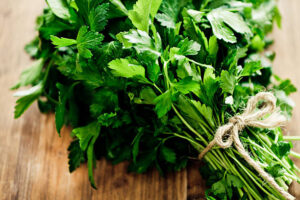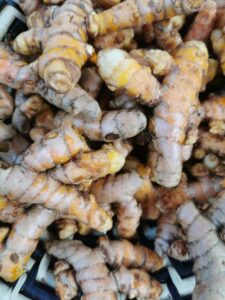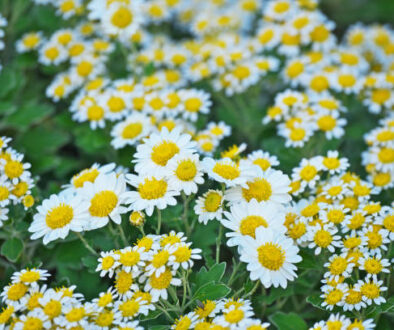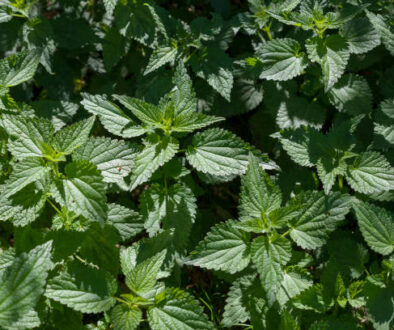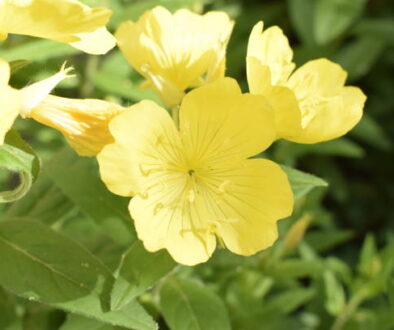14 Must-Have Herbs for Medicinal Healing That Belong in Every Garden
Quick Disclaimer: This post may contain affiliate links, meaning if you purchase a product through my link, I may receive a small commission with no extra cost to you. Thanks for your support to my work! I only Recommend Products I Trust!
MoreAnd the best part? You’ll know exactly where your ingredients come from.
So, ready to learn which plants can give you both flavor and medicinal remedies?
Let’s make sure your garden works as hard as you do.
Related:
- 12 Stunning Medicinal Herbs With Real Healing Power
- The 10 Best Herbal Plants And Their Uses You Need in Your Medicine Garden
- Full Steps Guide to Medicinal Herbs to Grow in Early Summer
1. Aloe Vera – The Skin Soother in Your Medicinal Apothecary
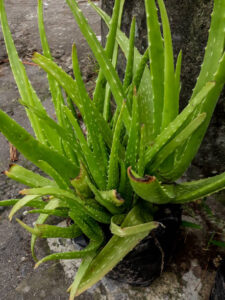
Aloe vera is one of those plants that just keeps on giving.
Known for its gel-packed leaves, it’s a must-have for any herbs medicinal healing garden.
You can use the gel to calm burns, moisturize dry skin, or even ease sunburn discomfort.
Ever wondered why it works so fast? That’s because aloe contains compounds that speed up healing and reduce inflammation.
It’s easy to grow, thrives indoors or outdoors, and barely needs watering.
Keep one near your kitchen or patio, and you’ll have a natural herbs remedies solution at your fingertips.
2. Chamomile – Nature’s Gentle Relaxer
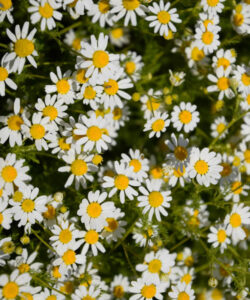
If you’re building a medicinal apothecary, chamomile should be high on your list.
Its small, daisy-like flowers make a calming tea that helps with sleep, digestion, and stress.
It’s also great for soothing skin irritations when used in a compress.
💡Quick Note: Learn How To Transform A Typical Money-Draining House Into A Tiny Profitable Off-The-Grid Homestead. Click Here To Get Started Now!
Ever had one of those nights when your mind just won’t switch off?
A warm cup of chamomile tea can work wonders.
Plus, it’s simple to grow from seeds, and it thrives in pots or garden beds.
3. Peppermint – Fresh Breath and Tummy Relief
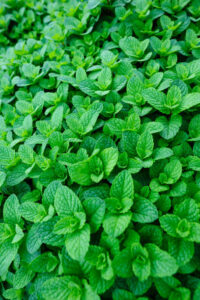
Peppermint isn’t just for tea lovers, it’s a workhorse in herbs medicinal uses.
Its leaves can help relieve indigestion, headaches, and congestion.
Got a sudden stomach ache? Brew some peppermint tea or chew a fresh leaf for quick relief.
The menthol in peppermint also acts as a natural decongestant, perfect for the cold season.
It grows fast and spreads easily, so you might want to keep it in a container to avoid taking over your garden.
4. Lavender – The Stress and Sleep Hero
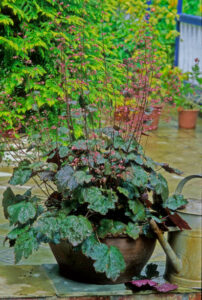
Lavender brings both beauty and practicality to your herbs medicine garden.
Its scent is famous for reducing anxiety and improving sleep quality.
You can use it in teas, essential oils, or even under your pillow for better rest.
Lavender also doubles as an insect repellent, which is a nice bonus for summer evenings.
Growing it requires plenty of sunlight and well-drained soil, but once it’s established, it’s low-maintenance and long-lasting.
5. Echinacea – The Immunity Booster
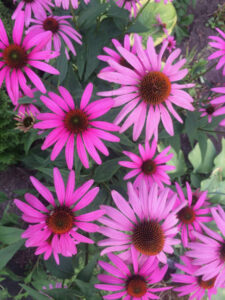
Echinacea is a staple in herb remedies and medicinal collections because of its strong immune-boosting properties.
People often use it to shorten the duration of colds or prevent them altogether.
The flowers are beautiful, and you can use both the petals and roots for medicinal remedies.
Ever felt a scratchy throat coming on? A quick echinacea tea might help you bounce back faster.
6. Rosemary – Flavor Meets Medicine
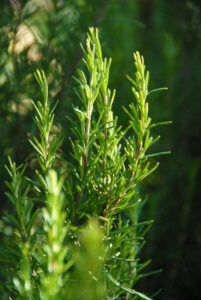
Rosemary is more than a kitchen favorite; it’s a star in herb uses medicine.
This fragrant herb can help improve memory, boost circulation, and ease muscle pain.
It’s easy to add to your cooking, giving you both flavor and wellness in one plant.
Rosemary prefers sunny spots and doesn’t need much water, making it a low-maintenance addition to your garden.
7. Thyme – The Natural Antiseptic
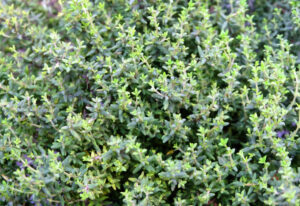
Thyme is a powerhouse for both flavor and herbs medicinal healing.
Its essential oils have antiseptic and antibacterial properties, making it great for sore throats and coughs.
A warm thyme tea or gargle can help fight infections naturally.
It’s also drought-tolerant, so it’s perfect if you forget to water now and then.
8. Sage – The All-Rounder
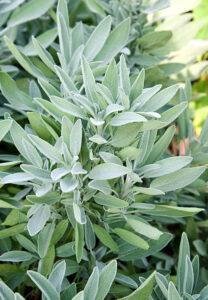
Sage is well-known in herbal medicine circles for its antibacterial and anti-inflammatory properties.
It’s often used for sore throats, digestive issues, and even menopausal symptoms.
Ever wondered why some people burn sage? Aside from its traditional uses, it’s believed to help purify the air.
Sage grows well in sunny areas with minimal fuss.
9. Calendula – The Skin’s Best Friend
Calendula flowers are packed with healing compounds.
In health medicine, they’re often used for cuts, scrapes, and rashes.
You can make a soothing salve or add the petals to tea for internal healing benefits.
Their bright orange color also makes them a cheerful addition to your garden.
10. Basil – More Than a Kitchen Staple
Basil isn’t just for pasta; it’s a respected herb in herbal medicinal uses.
It can help reduce inflammation, fight bacteria, and improve digestion.
Holy basil, in particular, is popular in medicinal remedies for stress and immune support.
Basil grows quickly, especially in warm weather, and loves plenty of sunlight.
11. Oregano – The Immune Shield
Oregano is packed with antioxidants and natural compounds that fight infections.
It’s a staple in herb remedies, medicinal because of its antiviral and antibacterial properties.
A simple oregano tea or oil can help ease respiratory issues.
Plus, it’s hardy and thrives with little care.
12. Lemon Balm – The Mood Lifter
Lemon balm is great for easing anxiety, promoting sleep, and improving digestion.
It’s a gentle but effective herb in herbal medicinal healing.
💡Quick Note: 🌼Don’t Dare To Miss This Kit! The Medicinal Garden Kit is a must-have for your garden. Click Here to Access Now!
The mild lemon scent also makes it perfect for teas or fresh garden drinks.
It’s easy to grow and spreads quickly, so give it space.
13. Parsley – The Nutrient Powerhouse
Parsley isn’t just a garnish—it’s loaded with vitamins and minerals.
In herbs medicine, it’s valued for supporting kidney health and reducing bloating.
Adding fresh parsley to meals is an easy way to boost your nutrition.
14. Turmeric – The Golden Healer
Turmeric’s bright yellow root is a strong anti-inflammatory and antioxidant.
It’s often used in herb uses medicine for joint pain, digestion, and overall wellness.
You can grow turmeric in warm climates or indoors in pots.
Fresh or dried, it’s a powerful addition to your medicinal apothecary.
Conclusion
Creating a garden with these 14 herbs medicinal uses isn’t just about saving money, it’s about giving yourself the tools to support your health naturally.
Whether you have a big backyard or just a few pots, these plants can serve as your personal herbs remedies collection.
From soothing skin to boosting your immune system, each plant brings its own special benefits.
Why not start small and see how quickly your garden turns into your own living medicinal apothecary?
FAQs
- Which herb is best for boosting immunity?
Echinacea is one of the top choices for immune support and works well in teas or tinctures. - Can I grow medicinal herbs indoors?
Yes! Many, like aloe vera, basil, and peppermint, do great in pots near a sunny window. - How do I store herbs for long-term use?
Dry them in a cool, dark place, then store them in airtight jars away from sunlight. - Are these herbs safe for everyone?
Most are safe, but some can interact with medications. Always check with a healthcare provider before starting new herbal remedies.
